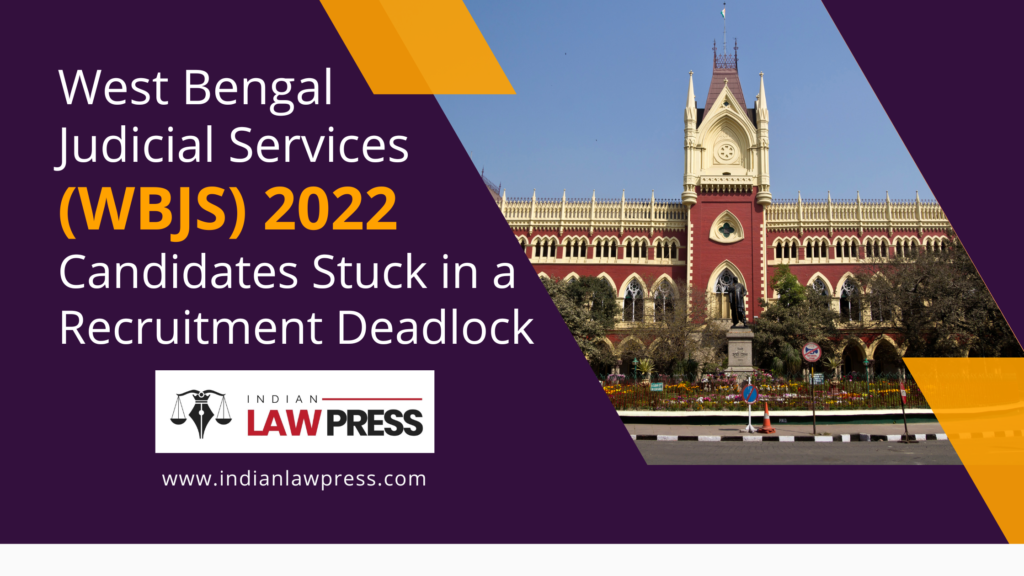
Supreme-Court-Reinstates-3-Year-Practice-Rule-for-Judicial-Service-Aspirants
Landmark Judgment Ends Two-Decade Long Relaxation, Impacts Future Judiciary Recruitment Processes
New Delhi, May 20, 2025 — In a pivotal decision impacting thousands of judiciary aspirants across India, the Supreme Court has restored the mandatory requirement of three years of legal practice for candidates applying to entry-level posts in the judicial services. The ruling is a significant shift from the previous position that allowed fresh law graduates to directly apply for positions such as Civil Judge (Junior Division) or Munsiff-Magistrate.
 Supreme-Court-of-India
Supreme-Court-of-India
✅ Key Highlights of the Supreme Court Verdict
- Mandatory Practice Requirement Reinstated: Only candidates with a minimum of 3 years’ experience as an advocate are now eligible to apply for judicial services.
- Prospective Application: This condition will not apply to recruitment processes already initiated by various High Courts before May 20, 2025.
- Provisional Enrolment Valid: The three-year period can be counted from the date of provisional enrollment with the Bar.
- Certification Guidelines:
- For district court practitioners: Certificate from an advocate with 10 years of experience, endorsed by a judicial officer of the station.
- For High Court or Supreme Court practitioners: Certificate endorsed by a designated court officer.
- Experience as a law clerk will also count toward the practice requirement.
⚖️ Why the Change? Insights from the Judgment
The Supreme Court bench—comprising Chief Justice of India D.Y. Chandrachud, Justice A.G. Masih, and Justice K. Vinod Chandran—observed that appointing fresh law graduates without practical exposure has not yielded satisfactory outcomes over the past two decades.
“Judges, from the very first day, handle critical issues involving life, liberty, and property. Neither academic knowledge nor pre-service training can substitute real courtroom experience.”
The Court noted that observing courtroom dynamics, understanding advocacy, and experiencing legal procedures firsthand are essential for new judges. This exposure cannot be replaced by classroom learning or brief training modules.
📜 Background: The Shift from 2002 to 2025
- In 2002, the Supreme Court had removed the 3-year practice condition, following recommendations by the Shetty Commission, which suggested the change might attract better talent to the judiciary.
- However, over time, concerns grew across the judiciary about the effectiveness of fresh graduates as judicial officers.
- Multiple High Courts, as well as amicus curiae Siddharth Bhatnagar, argued for the return of the experience clause to ensure higher judicial competence.
- The only exceptions to this trend were the High Courts of Sikkim and Chhattisgarh, which remained open to retaining the earlier system.
📌 Implications for Judiciary Aspirants
- Future aspirants must now focus on gaining courtroom experience post-law school before attempting judicial service exams.
- Judicial coaching institutes and law schools may now need to reorient their preparation strategies.
- The ruling could enhance the quality of lower judiciary, aligning it more closely with real-world legal standards.
📣 Conclusion
This judgment marks a return to a more experience-based entry model for the Indian judicial system, reinforcing the idea that justice delivery requires more than academic brilliance—it demands practical wisdom. The move has been hailed by many in the legal fraternity as a step toward strengthening the judiciary’s grassroots.
Read Also: CJI BR Gavai:Supremacy Lies with the Constitution, Not the Judiciary, Executive, or Parliament






